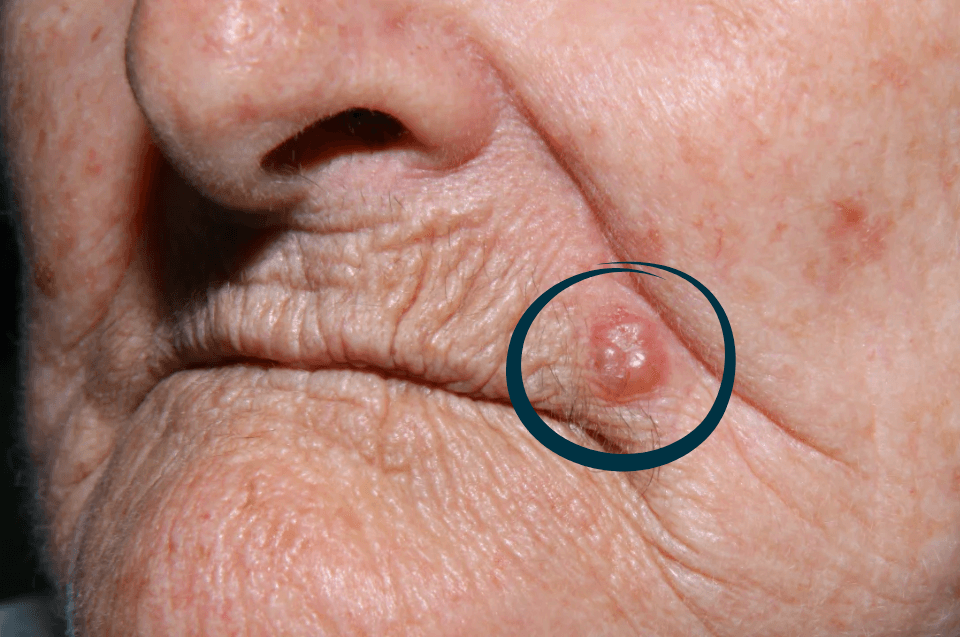Why Prepare for a Trip to Japan? 🏯🍣
Japan is a destination that blends ancient traditions with cutting-edge technology. From temples and cherry blossoms to bustling metropolises like Tokyo and its world-renowned cuisine, every detail is fascinating.
Before traveling, it’s crucial to prepare regarding healthcare, since Japan has strict rules on medications and a healthcare system that differs from many countries.
Most Common Health Issues in Japan 🩺📊
Japan is among the healthiest countries in the world, with one of the highest life expectancies. Still, some conditions are prevalent:
Cardiovascular diseases – Common in older adults due to population longevity.
Cancers (stomach, liver, lung) – Linked to dietary habits (such as raw fish and salty foods) and smoking.
Type 2 diabetes – Increasing in recent years due to modern lifestyle changes.
Seasonal respiratory illnesses – Influenza in winter and widespread pollen allergies (hay fever) in spring.
Health Concerns for Tourists in Japan 🌡️🧳
Jet lag – Japan’s time difference from many regions can reach 8–12 hours, causing fatigue and sleep disruption.
Colds and flu – Common during winter and in air-conditioned environments.
Mild digestive issues – While food hygiene is excellent, dietary changes may cause stomach discomfort.
Pollen allergies – Especially strong in spring, particularly in urban areas like Tokyo.
Do I Need Travel Insurance for Japan? 💳
Yes — highly recommended. While not legally required, Japan’s healthcare system is very expensive for foreigners.
A doctor’s consultation can cost hundreds of dollars.
Hospitalizations may run into thousands.
A good travel insurance policy should cover:
Medical consultations and hospital stays
Emergency dental care
Medications and diagnostic tests
Medical evacuation or repatriation
How the Healthcare System Works in Japan 🏥🇯🇵
Residents use a public health insurance system, but tourists are not covered.
Hospitals and clinics are modern and well-organized, but language barriers can exist outside major cities.
Pharmacies are efficient, but many medications familiar abroad are restricted or unavailable.
Recommended Vaccines Before Traveling to Japan 💉
MMR (Measles, Mumps, Rubella) – occasional outbreaks of measles occur.
Influenza – strongly recommended if traveling in winter.
COVID-19
Hepatitis A and B
Tetanus and Diphtheria
Restricted or Prohibited Medications in Japan ❌💊
Japan has some of the strictest medication import laws in the world. Carrying prohibited substances can lead to confiscation or even legal issues.
🚫 Banned or Highly Restricted:
Amphetamine-based medications – e.g., methylphenidate (Ritalin).
Pseudoephedrine-containing products – common in cold/flu medicines and nasal decongestants.
Codeine and derivatives – considered narcotics.
Strong anxiolytics or sedatives (clonazepam, alprazolam, diazepam) – only permitted with prior government authorization.
✅ Allowed With Precaution:
For personal use, in original packaging:
Paracetamol (acetaminophen)
Ibuprofen
Antacids
Antihistamines
Vitamins and supplements
💡 Important Travel Tips:
For controlled medications, you must apply for a “Yakkan Shoumei” (import certificate) before your trip.
Always carry a doctor’s prescription in English, stating the generic (active ingredient) name and treatment purpose.
Keep medicines in original packaging — never bring loose pills.
Health Travel Checklist for Japan ✅🧳
Comprehensive international travel insurance
Updated vaccines
Doctor’s prescription translated into English
“Yakkan Shoumei” certificate (if carrying controlled drugs)
Basic travel health kit (pain relievers, fever reducers, allergy meds, bandages)
Emergency hospital and pharmacy addresses near your destination
Conclusion 🌍🇯🇵
Japan is a safe and fascinating destination with a world-class healthcare system, but it is also one of the strictest countries when it comes to medication regulations.
By staying informed, carrying proper documentation, and securing travel insurance, you’ll avoid immigration issues and travel stress-free.
With the right preparation — vaccines updated, insurance ready, and a health kit at hand — you can fully enjoy Japan’s temples, technology, and cuisine in peace.



